Ebola nurse Pauline Cafferkey in hospital for third time
British woman under medical care once more after contracting the disease in Sierra Leona in 2014
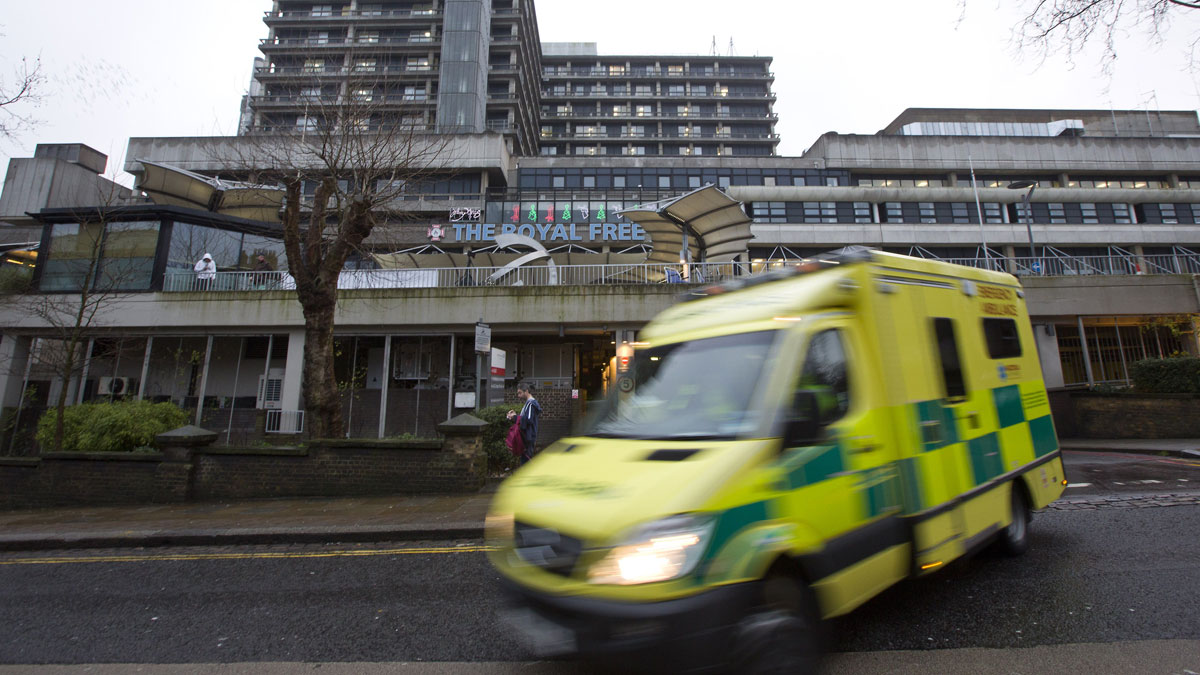
A free daily email with the biggest news stories of the day – and the best features from TheWeek.com
You are now subscribed
Your newsletter sign-up was successful
Ebola nurse Pauline Cafferkey is back in hospital for the third time since contracting the disease in Sierra Leone.
NHS officials say the Scottish nurse, who has been under routine monitoring, has been admitted to hospital for further investigations.
She is being treated at Glasgow's Queen Elizabeth University Hospital. An NHS spokesman said: "Under routine monitoring by the infectious diseases unit, Pauline Cafferkey has been admitted to hospital for further investigations."
The Week
Escape your echo chamber. Get the facts behind the news, plus analysis from multiple perspectives.

Sign up for The Week's Free Newsletters
From our morning news briefing to a weekly Good News Newsletter, get the best of The Week delivered directly to your inbox.
From our morning news briefing to a weekly Good News Newsletter, get the best of The Week delivered directly to your inbox.
Cafferkey, from South Lanarkshire, first contracted the disease in December 2014, after treating patients in Sierra Leone at the height of the outbreak, which killed more than 11,000 people.
She spent almost a month in isolation at the Royal Free Hospital in London at the beginning of 2015 and was later discharged after appearing to make a full recovery.
However, the Ebola infection can remain in bodily tissues months after an apparent recovery, says the BBC.
"In areas of the body where the immune system is not particularly active – one of these is the central nervous system... the Ebola virus can survive in very small quantities," Dr Derek Gatherer, from Lancaster University, told Sky News.
A free daily email with the biggest news stories of the day – and the best features from TheWeek.com
Cafferkey was re-admitted to the hospital in October, suffering from meningitis caused by the lingering virus.
Last month's announcement by the World Health Organisation that west Africa was free of Ebola coincided with the death of a woman from the disease in Sierra Leone, who was feared to have exposed others to the virus.
British Ebola nurse in 'serious condition' as virus flares up again
09 October
Pauline Cafferkey, the Scottish nurse who contracted Ebola in Sierra Leone in 2014, is back in hospital with the virus.She was at first described as suffering a "complication" - but a statement now warns she is in a "serious condition".
Doctors say this is not a new infection: Cafferkey has carried the virus in her body since last year, despite being declared to be fully recovered in January. She is not believed to be contagious.
The BBC says the 39-year-old was flown by the RAF this morning from Glasgow to the specialist isolation unit at London's Royal Free Hospital, where she spent a month after first being diagnosed on 29 December last year.
Virologist Dr Ben Neuman told the broadcaster: "The nice news here is that she's beaten the virus once, so she can probably beat it again.
"The odds are that she has actually inherited a lucky set of genes and these are probably what protected her the first time and probably what will keep her safe the second time regardless of any treatment. The outlook's good."
Cafferkey has complained of health problems in recent months: hair loss and a thryoid problem. Neuman said the virus had survived somewhere in her body despite having been driven out of her bloodstream.
He told the BBC: "Once the virus is removed from the blood once, it tends to retreat into the hard-to-access components of the body. It'll hide in places like the back of your eye or breast milk."
The BBC says it is not unheard of for Ebola to persist in survivors. It has been found to linger on in semen, so all male survivors are advised to use condoms.
The sheer number of survivors - there are around 13,000 in west Africa - means if there was a major risk of the virus flaring up again in the population at large after the all-clear, scientists would already have documented it.
She was in London last week, visiting Downing Street and receiving a Pride of Britain award for risking her own health to treat others.
People she met at the time, including the Prime Minister's wife Samantha Cameron, are not thought to be at any risk - but doctors are examining those she had contact with after returning to Scotland as a precaution.
The Daily Mail says the Health Secretary, Jeremy Hunt, has tweeted his support, saying: "Thoughts with Pauline Cafferkey today as she battles Ebola for the second time."
-
 Political cartoons for February 16
Political cartoons for February 16Cartoons Monday’s political cartoons include President's Day, a valentine from the Epstein files, and more
-
 Regent Hong Kong: a tranquil haven with a prime waterfront spot
Regent Hong Kong: a tranquil haven with a prime waterfront spotThe Week Recommends The trendy hotel recently underwent an extensive two-year revamp
-
 The problem with diagnosing profound autism
The problem with diagnosing profound autismThe Explainer Experts are reconsidering the idea of autism as a spectrum, which could impact diagnoses and policy making for the condition
-
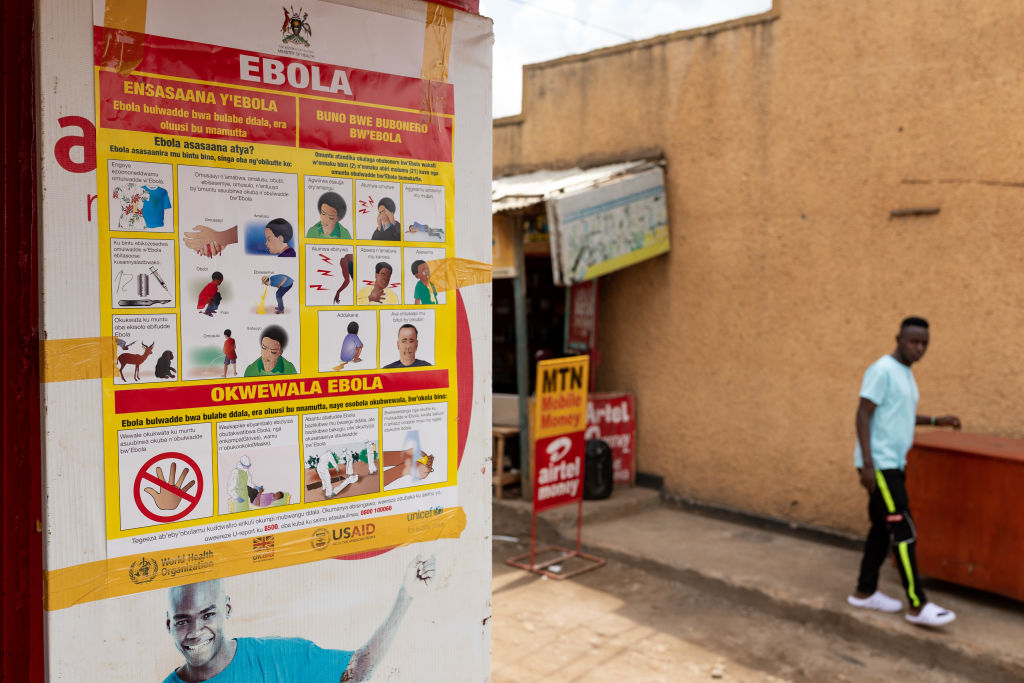 Ebola outbreak leads to 3-week lockdown in two Ugandan districts
Ebola outbreak leads to 3-week lockdown in two Ugandan districtsSpeed Read
-
 Neanderthal gene ‘caused up to a million Covid deaths’
Neanderthal gene ‘caused up to a million Covid deaths’Speed Read Genetic tweak found in one in six Britons means cells in the lungs are slower to launch defences
-
 What will the next pandemic look like – and are we ready?
What will the next pandemic look like – and are we ready?The Explainer Creator of the Oxford-AstraZeneca vaccine warns that future viruses could be more contagious and lethal
-
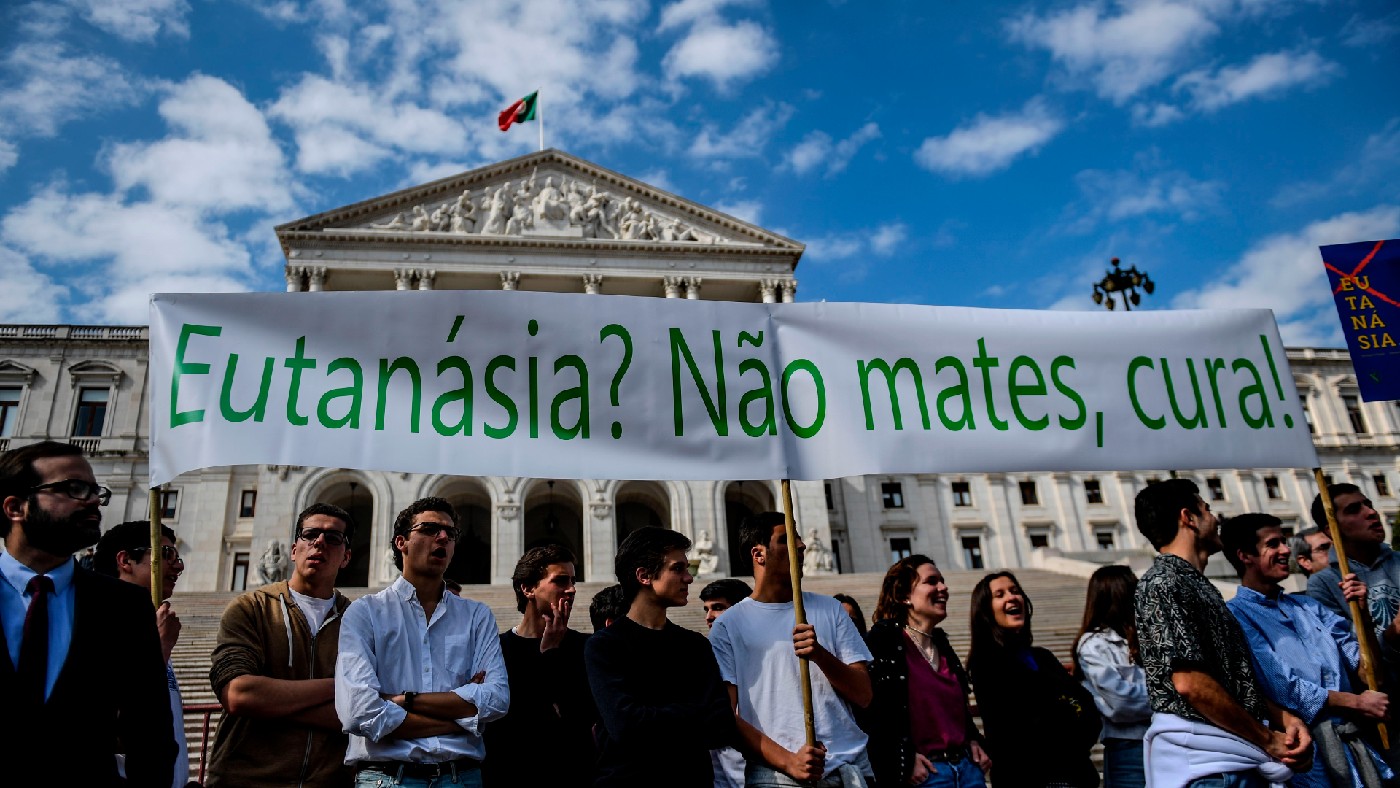 Legalising assisted dying: a complex, fraught and ‘necessary’ debate
Legalising assisted dying: a complex, fraught and ‘necessary’ debateSpeed Read The Assisted Dying Bill – which would allow doctors to assist in the deaths of terminally ill patients – has relevance for ‘millions’
-
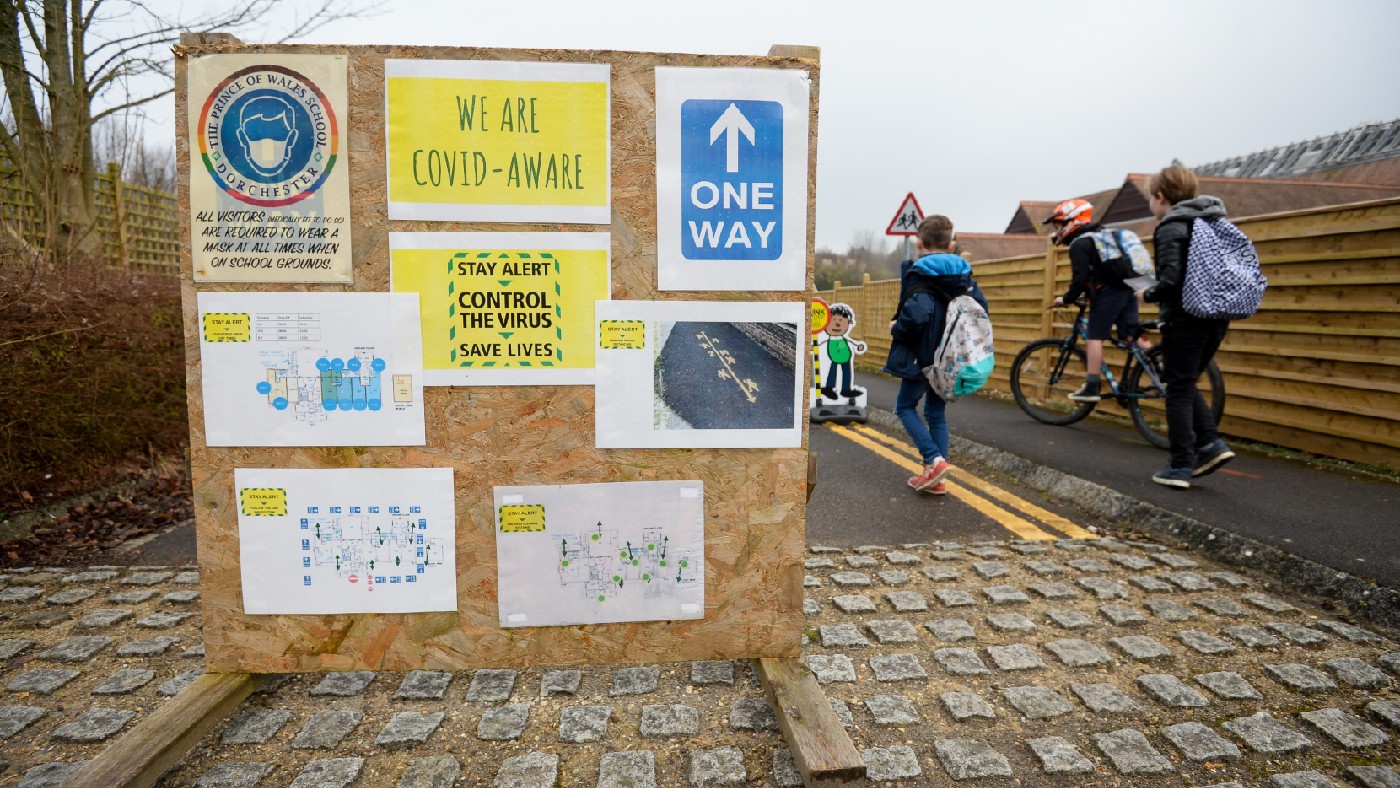 Vaccinating children: it’s decision time for the health secretary as kids return to school
Vaccinating children: it’s decision time for the health secretary as kids return to schoolSpeed Read Sajid Javid readying NHS England to roll out jab for children over 12, amid fears infections will rocket
-
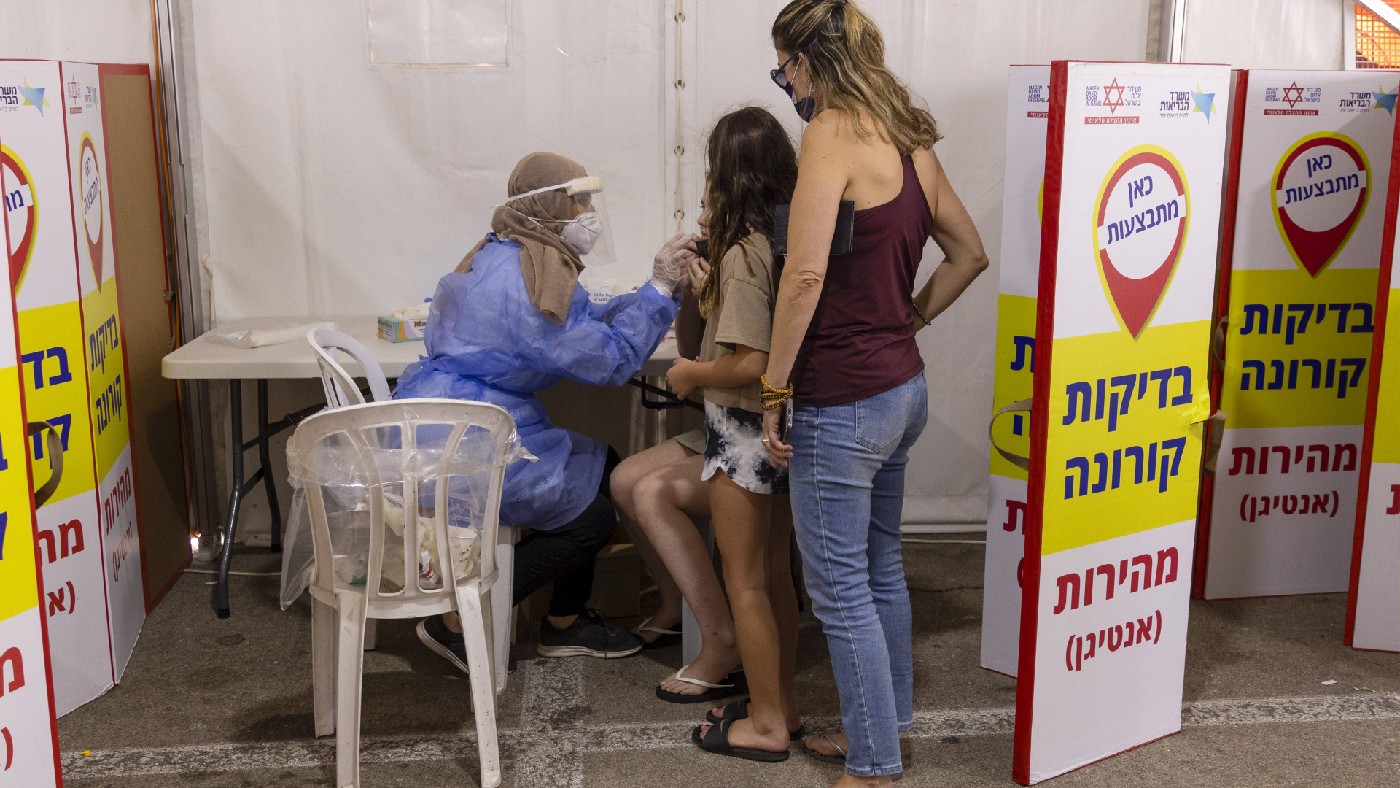 ‘Vaccination blunts, but does not defeat’: exploring Israel’s fourth Covid wave
‘Vaccination blunts, but does not defeat’: exploring Israel’s fourth Covid waveSpeed Read Two months ago, face masks were consigned to bins. Now the country is in a ‘unique moment of epidemiological doubt’
-
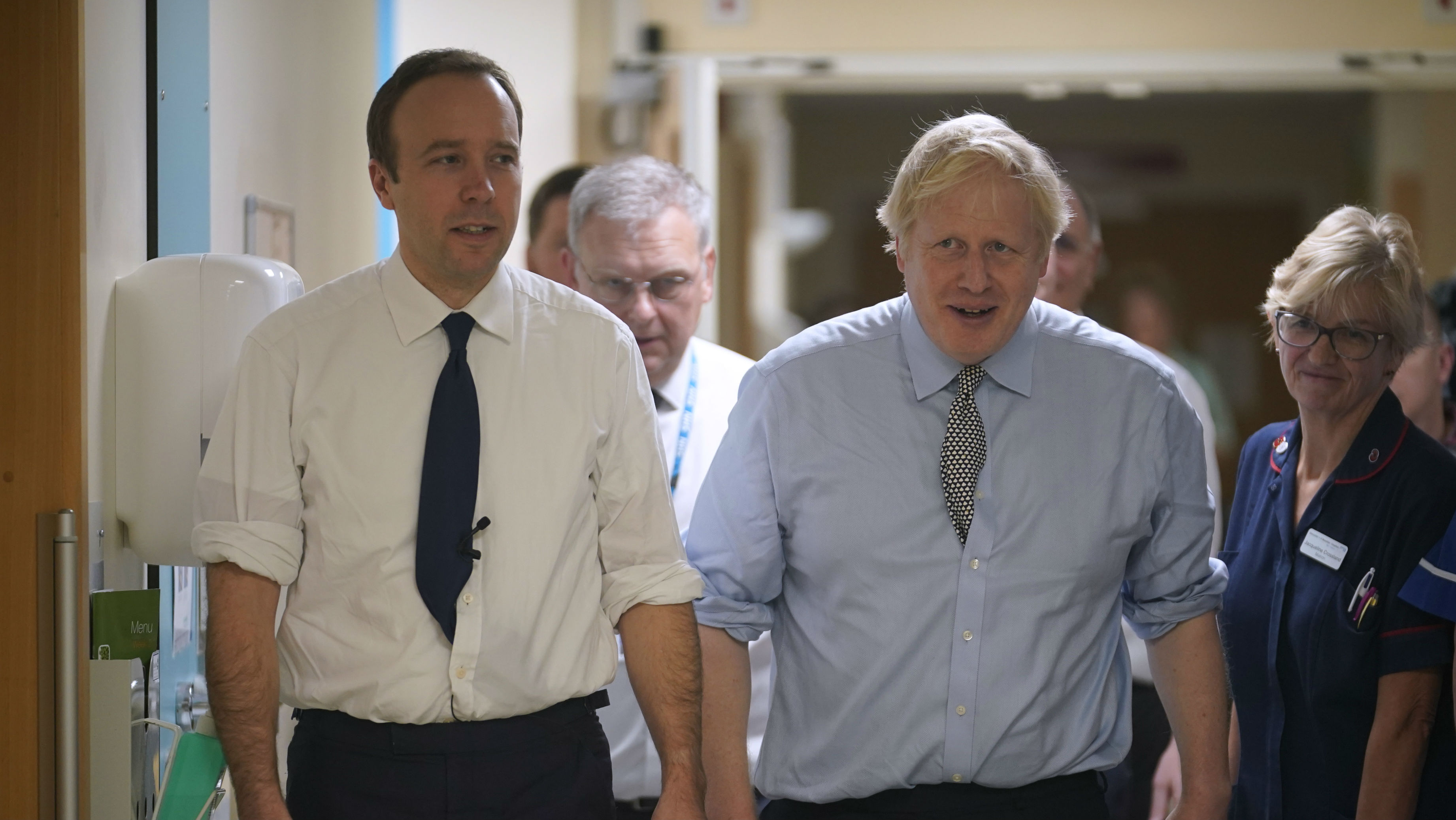 Thousands told to self-isolate in Covid app pinging error, claims Whitehall whistleblower
Thousands told to self-isolate in Covid app pinging error, claims Whitehall whistleblowerSpeed Read Source says Matt Hancock was privately told of the issue shortly before he resigned as health secretary
-
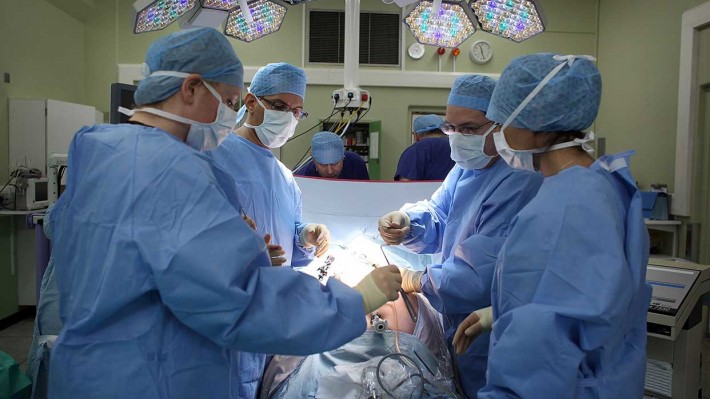 Record 5.45m people on NHS England waiting lists
Record 5.45m people on NHS England waiting listsSpeed Read Health chief warns that crisis is nearing ‘boiling point’ as backlog grows